Conjunctions are very important. We use them all the time in Egyptian Colloquial Arabic. That’s why we will be learning 16 Egyptian Arabic conjunctions today. Conjunctions in Arabic are called adawāt irrábʈ ادَوات الّربْط (adāt irrábʈ means conjunction; adawāt irrábʈ ادَوات الّربْط means conjunctions, literally “connecting tools.”)
1. وِ and
The first Egyptian Arabic conjunction we have is wi وِ (which is just the letter waaw with a kasra), which means “and.” másalan مثلاً (for example):
.انا شُفْت مُحمّد و اِبْراهيم
I saw Mohamed and Ibrahim.
2. فَـ so
fa- فَـ, which is just the letter ف with a fatha on it. It means “so.”
.انا كُنْت برّا طول النّهار، فمِش هقْدر آجى
I was outside all day, so I won’t be able to come.
ána kuntə bárra انا كُنْت برّا (I was outside), ʈūl innahār طول النّهار (all day), fa-míš háʔdar فمِش هقْدر (so I won’t be able to), āgi آجى (I come).
3. اَوْ or
.هات الكِّبير اَوْ الصُّغيّر، مِش فارقه
Bring the big one or the small one. It doesn’t matter.
hāt هات is a verb that only comes in the imperative form, which means “bring.” ikkibīr الّكِبير (the big one), aw اَوْ (or), iʂʂuɣáyyar الصُّغيّر (the small one), miš fárʔa مِش فارْقه (it doesn’t matter).
4. بسّ but
.هُوَّ غالى، بسّ حِلْو
It’s expensive but good.
5. قبْل before
.هاجيلك قبْل الغدا
I will come to you before lunch.
hāgi هاجى (I will come) + lak لك (to you) → hagīlak هاجيلك (I will come to you), ʔabl قبْل (before), ilɣáda الغدا (the lunch).
6. بعْد after
ba3d بعْد (after) is the opposite of ʔabl قبْل (before).
.تعالَى بعْد الضُّهْر
Come in the afternoon.
ta3āla تعالَى is also a verb that only comes in the imperative form and means “come!” ba3d بعْد (after), iɖɖúhr الضُّهْر (the noon).
7. حتَّى لَوْ even if
ɧátta حتَّى means “even” and law لَوْ means “if.”
.بحِبّك حتَّى لَوْ مِش بِتْحِبِّنى
I love you even if you don’t love me.
baɧíbbak بحِبّك (I love you), ɧátta law حتَّى لَوْ (even if), miš مِش (not), bitɧibbíni بِتْحِبِّنى (you love me)
8. لَوْ / اِذا if
law لَوْ and íza اِذا are both conjunctions that mean “if.”
.اِذا لقيْتُه، هشْتِريهولك. = لَوْ لقيْتُه، هشْتِريهولك
If I find it, I’ll buy it for you.
laʔētu لقيْتُه (I found it), haštirī هشْتِريه (I will buy it) + -lak لك (for you, to you) → haštirihūlak هشْتِريهولك (I will buy it for you).
9. لِحدّ لمّا / لِحدّ ما until
.خلّيك هِنا لحدّ ما آجيلك
Stay here until I come to you.
You can also say خلّيك هِنا لِحدّ لمّا آجيلك. xallīk (stay!), hína هِنا (here), li-ɧáddə ma لِحدّ ما (until) or li-ɧáddə lámma لحدّ لمّا (until), āgi آجى (I come) + -lak لك (to you) → agīlak اجيلك (I come to you).
10. اِلّا لَوْ unless
.هسافِر اِلّا لَوْ حصلِت مُشْكِله
I will travel unless a problem happens.
hasāfir هسافِر (I will travel), ílla law اِلّا لَوْ (unless), ɧáSalit حصلِت (it happened). Here, the verb is feminine because muškíla مُشْكِله (a problem) is a feminine noun.
11. لمّا when
.لمّا تِوْصل، اِبْعتْلى رِساله
When you arrive, send me a message (text me).
lámma لمّا (when), tíwʂal تِوْصل (you arrive), íb3at اِبْعت (send!) + -li لى (to me) → ib3átli اِبْعتْلى (send to me), risāla رِساله (message).
12. عشان / علشان because / so that / for
Basically, it should be 3alašān علشان, but people tend to say 3ašān عشان, so either one if acceptable. This word has three meanings. The first one is “because.” For example:
.انا زعْلان مِنّك عشان مبْتِسْألْش عليّا
I’m angry with you because you don’t check up on me.
ána za3lān انا زعْلان (I’m upset), mínnak مِنّك (from you), 3ašān عشان or 3alašān علشان (because), ma-tisʔál-š مبْتِسْألْش (you don’t ask), 3aláyya عليّا (about me, on me).
The second meaning is “so that” or “in order to.” For example:
.اِمْشى بْسُرْعه عشان نِوْصل بدْرى
Walk quickly so that we arrive early.
ímši اِمْشى (walk!), bisúr3a بِسُرْعه (quickly), 3ašān عشان (in order to), níwSal نِوْصل (we arrive), bádri بدْرى (early).
The third meaning is actually not a conjunction. It is actually more of a preposition. But let’s just learn it along with the other meanings. This third meaning is “for.”
.ماما عملِت حاجات كِتير عشاني
Mom has done a lot of things for me.*
* šúkran, ya māma! !شُكْراً يا ماما (Thanks, mom!)
13. طول ما as long as
.عُمْرك ما هتِنْجح طول ما انْتَ كِده
You will never succeed as long as you’re being like this.
3úmrak ma عُمْرك ما (you never), ha-tíngaɧ هتِنْجح (you will succeed), ʈūl ma طول ما (as long as), ínta اِنْتَ (you), kída كِده (like this, this way).
14. اوِّل ما / اوِّل لمّا as soon as / once
.كلِّمْنى اوِّل ما تِوْصل
Call me once you arrive.
You can also say كلِّمْنى اوِّل لمّا تِوْصل.
15. كاِنّ / اكِنّ as if
You will hear people say it both ways: ka-ínn كاِنّ or akínn اكِنّ (as if).
.هُوَّ بِيْكلِّمْنى اكِنُّه/كاِنُّه المُدير بِتاعى
He’s talking to me as if he is my boss.
biykallímni بِيْكلِّمْنى (he talks to me, he is talking to me), ka-ínn كاِنّ or akínn اكِنّ (as if), ilmudīr المُدير (the boss, the manager), bitā3i بِتاعى (mine).
16. علَى قدّ ما as much as / as many as
.نام كُوَيِّس علَى قدّ ما تِقْدر
Sleep well as much as you can.
Make sure to subscribe to my channel on YouTube, and also follow me on Facebook, Twitter, and Instagram to see exclusive content I don’t upload on YouTube. And if you’re interested in taking classes, click the button below.


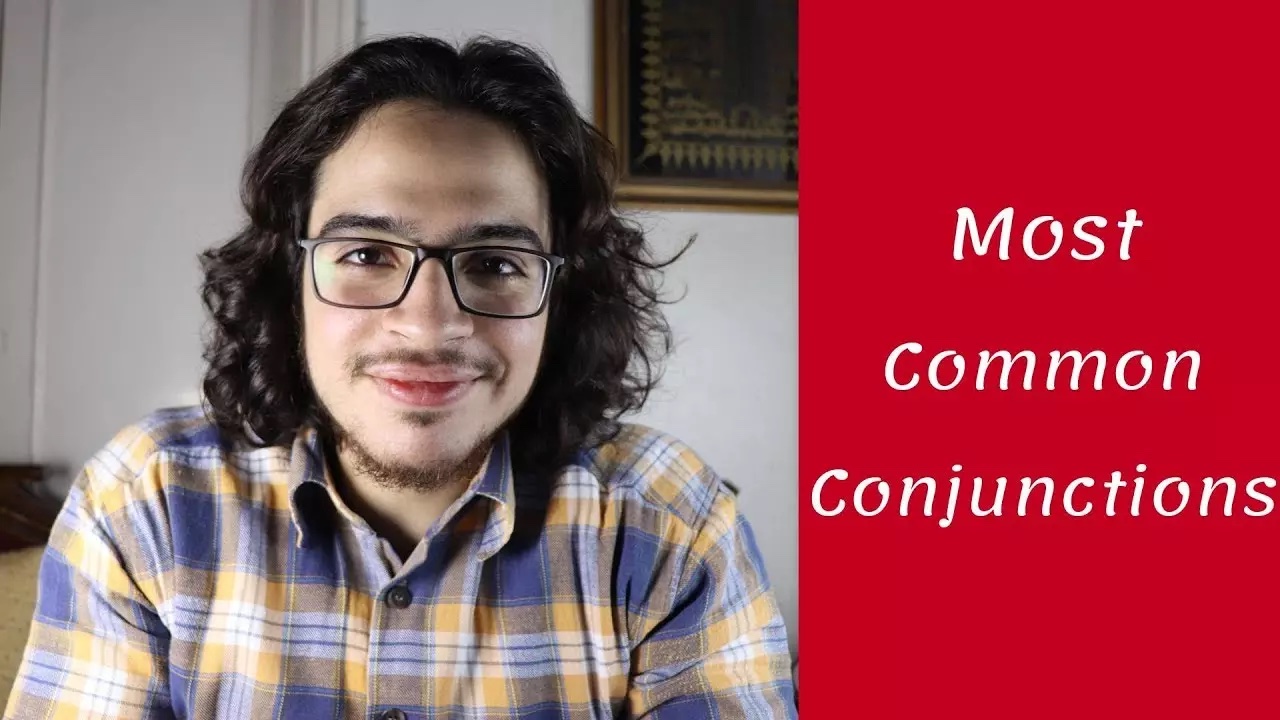

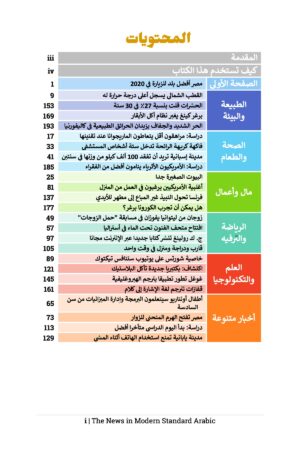

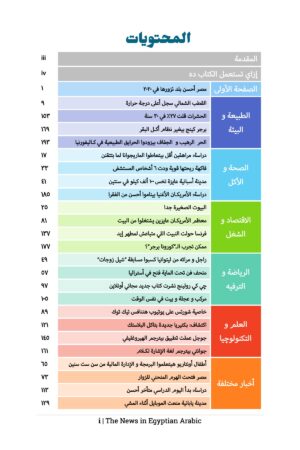
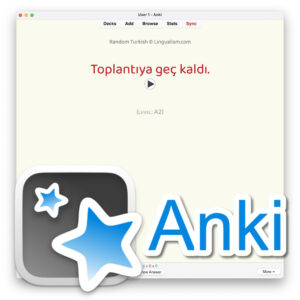
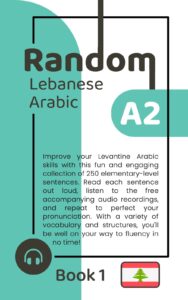
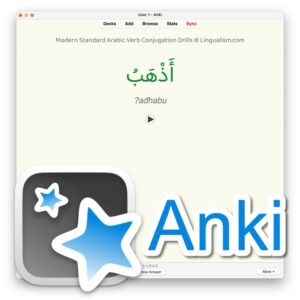
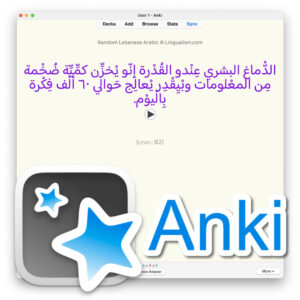
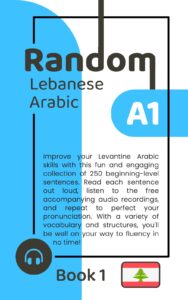

this word بتاع has always been confusing me thanks for the explanation. I wonder if there is a word similar to it in fusHa?
Hello, Mariam!
As you could see, the word بتاع can be used in many different ways, and I don’t know of a word that can be used with all those meanings in Fus-ha.
Possession: In Fus-ha (Classical Arabic) in general, we don’t use a specific word to express possession. We just use the genitive case. For example, “هذا كتابي” – This is my book.
In Modern Standard Arabic, though, it’s common to see “الخاص بـ”. For example,
“هذا هو الكتاب الخاص بي” – This is my book.
Thing: to say thing in Fus-ha you can say, شيء. For example, “هذا الشيء” this thing.
“… and stuff” – In Fus-ha you can say, “وهَلُمَّ جَرّأ”, إلى آخره” or “وهكذا”.
Stay safe!